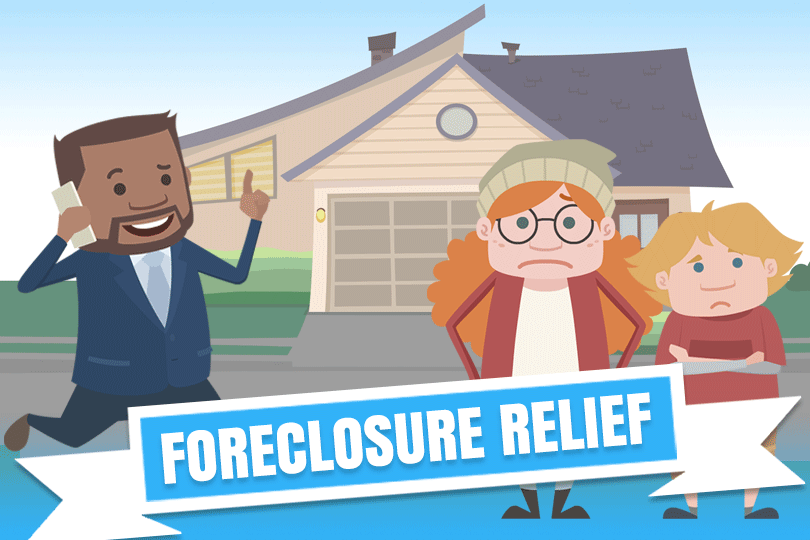When Do FHA Loans Go into Foreclosure?

There are many ways to default and go into foreclosure on an FHA mortgage, but many of those issues can be avoided if you work with your loan officer in time. Starting early is the key.
Most FHA mortgage loans (except FHA reverse mortgages) require full monthly payments. Your lender may refuse to accept partial payments, which is one reason some borrowers get into early mortgage trouble.
The outcome of an FHA loan default depends on a variety of factors:
- Amount and degree of delinquency
- The borrower's financial circumstances
- Property value
- Lender policies
Foreclosure Process
Generally, mortgage companies begin foreclosure processes about 3-6 months after the first missed mortgage payment. Late fees are charged after 10-15 days, but many companies understand that homeowners may face short-term financial challenges.
Staying in contact with your lender after missing a payment is crucial. After 30 days, the borrower defaults, and the foreclosure process starts to speed up. The foreclosure process may begin earlier if the borrower does not communicate with the lender.
What to Know About FHA Loan Default and Foreclosure
You must explore alternative solutions with your lender or a housing counselor. They will not happen automatically.
Defaulting on a mortgage can lead to foreclosure, and the most common type of default is failing to make the required payments.
Mortgage servicers typically require defined monthly payments and may only accept partial payments if you have made prior arrangements.
This process and its outcome depend on factors such as the amount and degree of delinquency, the borrower's financial situation, and the property value.
Foreclosures Vary Depending on Your State
Mortgage companies generally begin foreclosure processes about 3-6 months after the first missed mortgage payment.
Late fees may be charged after 10 days, but many companies understand homeowners may face short-term financial challenges. Talk to your lender to discuss these terms.
As mentioned above, if you risk defaulting on your FHA home loan, contact your lender after missing a payment. After 30 days, the borrower defaults, and the foreclosure process begins when the lender is ready to start action.
Engaging with your lender or a housing counselor to explore alternative solutions is essential.
Types of Foreclosure
There are three basic types of foreclosure you could face:
- There are three basic types of foreclosure. In a judicial foreclosure, which is permitted in every state, the lender sues the borrower. If the borrower fails to make the outstanding payments or otherwise responds, the property may be sold at an auction.
- Alternatively, many states may allow a power of sale foreclosure. This process involves the mortgage company conducting a public auction after a designated waiting period.
- In a handful of states, a strict foreclosure is also an option. This is typically used in cases where the borrower cannot or does not pay the mortgage as required by the lender. In these cases, ownership of the property goes to the mortgage holder.
RELATED VIDEOS:
You're Almost There When You Get Your Loan Approval
Learn About the Mortgage Insurance Premium (MIP)
Pre-approval Starts the Mortgage Process

Do you know what's on your credit report?
Learn what your score means.







